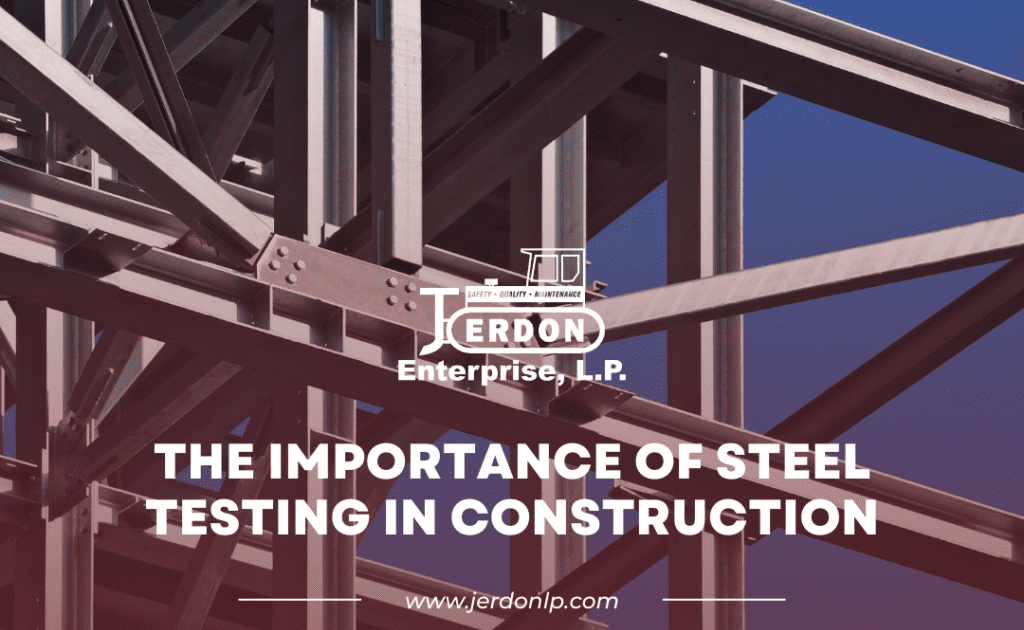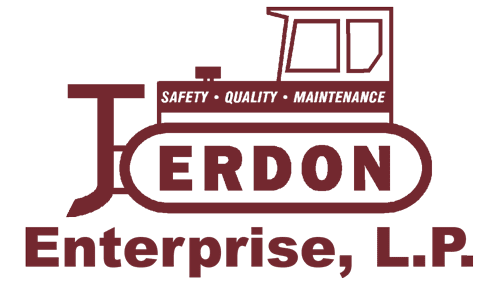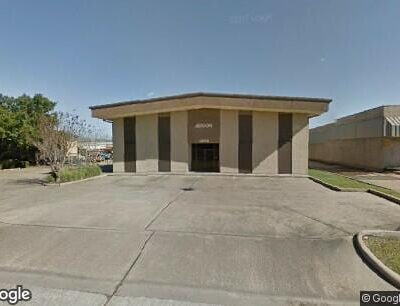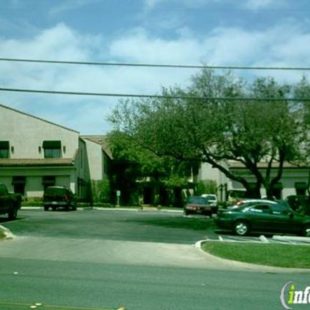The Importance of Steel Testing in Construction
The Importance of Steel Testing in Construction
- April 6, 2023
- Posted by: jerdonlp
- Category: Bridges, Commercial Building, Construction, General Construction, Playgrounds, Safety

To build successful and long-lasting infrastructures, steel is used for a number of reasons. Commonly used alongside concrete, steel is known for being very versatile, flexible, and financially efficient. Steel is widely used to build high-rise buildings, industrial warehouses, residential buildings, bridges and more. Though steel has gained popularity and its sustainable reputation in the industrial world, there are certain processes that must be performed before reaping its benefits.
Mill Test Report (MTR)
When purchasing steel for a project, you will usually be given a Mill Test Report (MTR), which is almost like the birth certificate for the material. This certified document will tell you the origin and composition of the material such as where it was melted and manufactured. It will also tell the buyer of its dimensions, shape, and chemical/physical properties specifications. This certificate will also possess what’s called a “heat number”, which acts like the material’s social security number. This helps the buyer and seller monitor its traceability in order to provide the correct specifications. Most importantly, the MTR provides the exact test results for metallurgical testing, which will reveal the metal’s tensile strength, yield strength, and ductility. This will determine the suitability of the material for a given product or project.
Why it’s Important
This process is a crucial part of construction to ensure quality and safety during the build and after completion. These materials are meant to endure external forces such as earthquakes, high speed winds, and other natural disasters. Steel does not expand or contract when faced with moisture and can endure extreme high/low temperatures.
Our goal is to construct infrastructures that display durability and quality to ensure lifespans to last for years to come. Making sure our materials are credible and trustworthy is a good place to start.
Jerdon Enterprise holds the knowledge and expertise needed to complete a successful and quality construction project. Contact us today.



